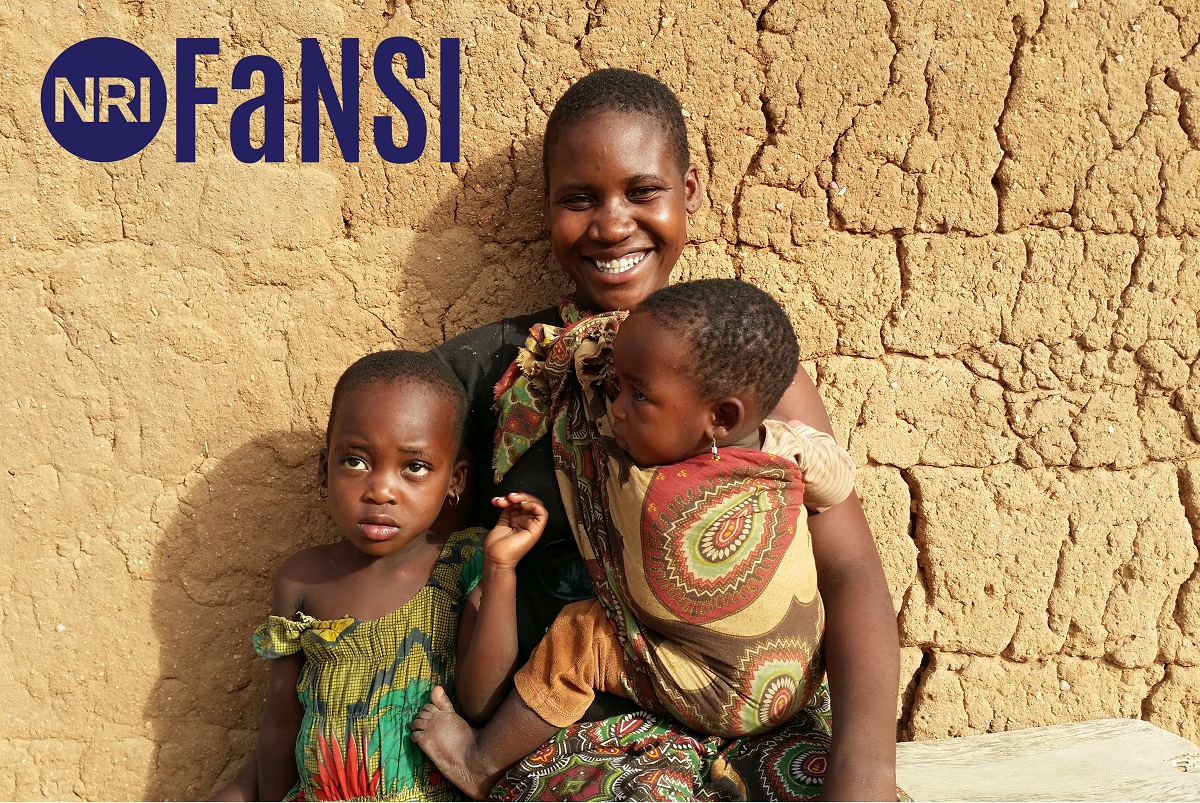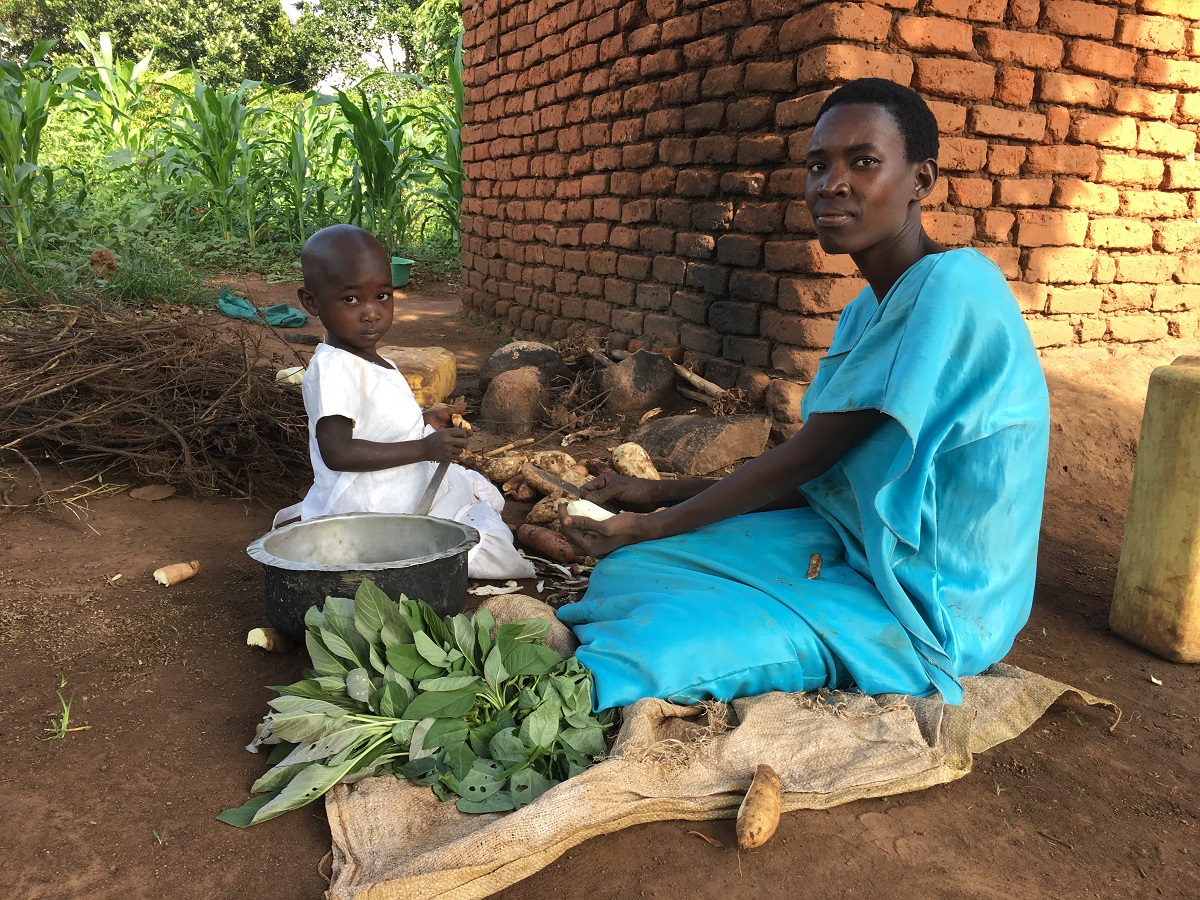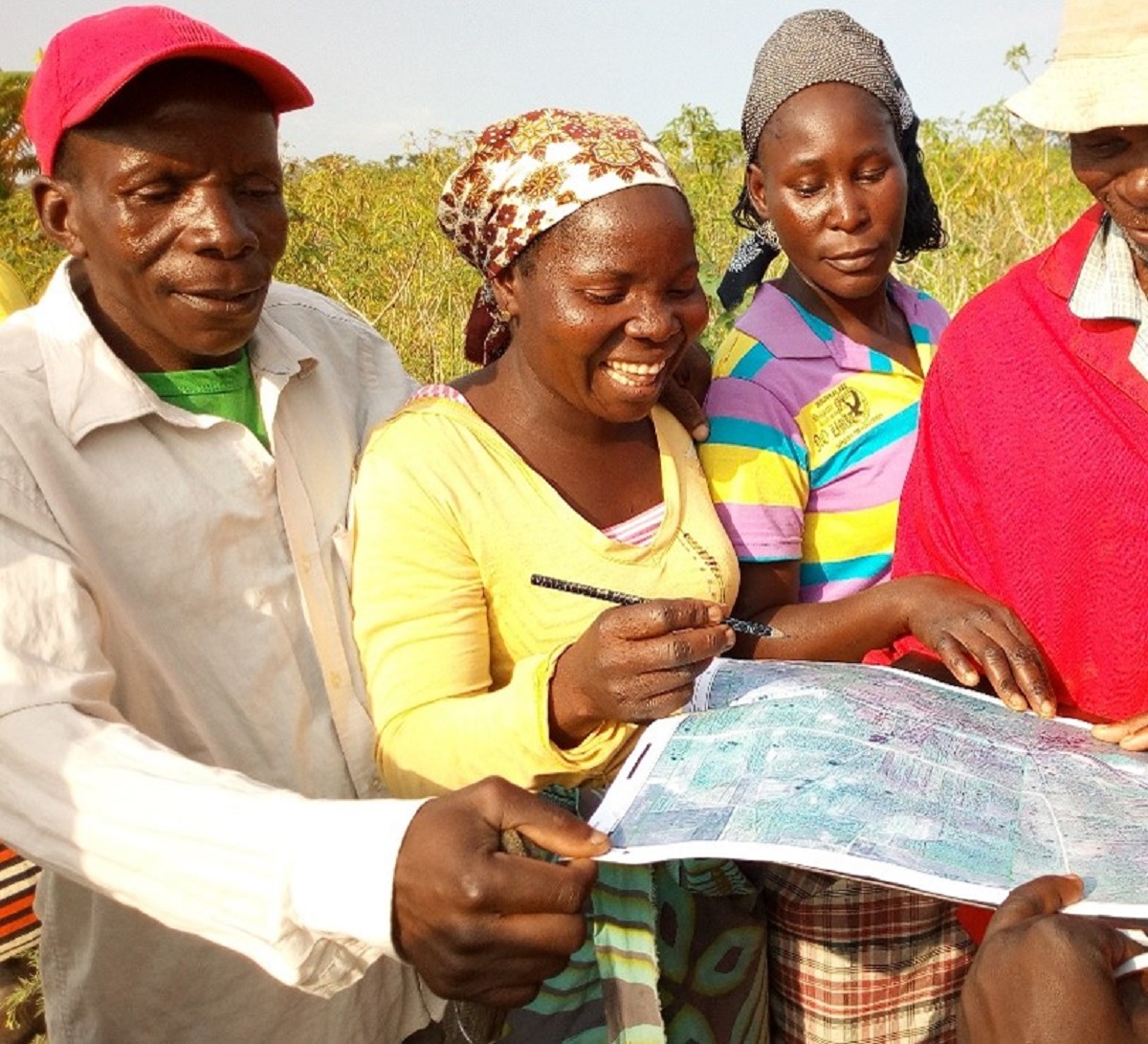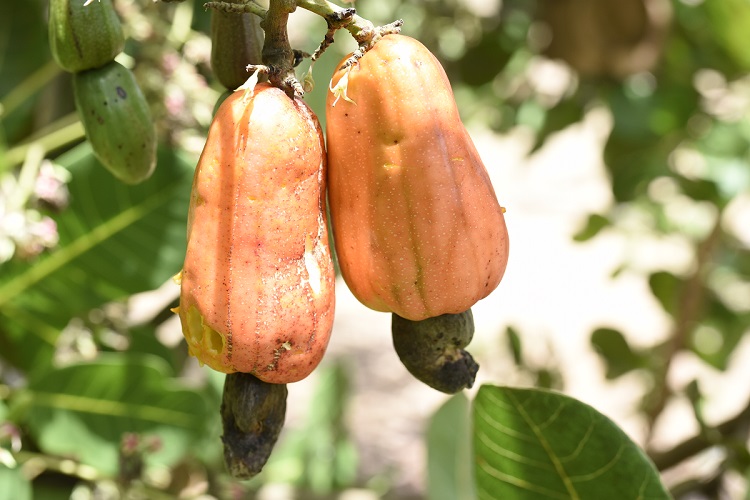News - 2021
NRI is delighted to invite prospective PhD students to join its UK Food Systems Centre for Doctoral Training – (UKFS-CDT). There will be a live presentation and Q&A session for potential applicants on Wednesday 3 February 2021, from 1700 – 1800...
NRI experience in improving cassava production and value addition in sub-Saharan Africa has focussed on many steps along the value chain, from farm to fork. As fresh cassava roots are highly perishable and must be consumed or processed within 72...
Every day, over two billion cups of coffee are consumed worldwide, with the popularity of the beverage continuing to rise. Consumers can choose the strength, roast, origin, blend, style and ‘notes’ of their brew, with many also choosing to buy...
You are invited to join an International Seminar on Food and Nutrition Security in Africa hosted by the Natural Resources Institute (NRI) under its Food and Nutrition Security Initiative (FaNSI). The seminar will take place on Monday 25th January...
Land degradation, climate change, pests and diseases, and lack of access to farm inputs and markets are some of the obstacles faced by millions of smallholder farmers in Africa who struggle to produce food for their families and secure an income.
A ‘land grab’ can be described as the acquisition of large land areas by private companies, governments or individuals, without taking into account the land and resource rights of the communities settled there.
How will food security be further endangered by climate change? How do current global systems of producing and distributing food contribute to climate change through greenhouse gas emissions? How is land degradation, including desertification,...
‘Mobilizing’ just one cassava root takes an enormous amount of time, energy, logistics and hard work. Once harvested, this tropical root crop – an important staple food – needs to be processed quickly, for fresh cassava roots begin to deteriorate...
As a growing number of countries declare a climate emergency, climate strikes and protests sweep the world, and the entire scientific community reaches a consensus on anthropogenic global warming, the effects of climate change continue to be keenly...
Root, tuber and banana (RTB) crops are vital for food security and income generation for millions of people across sub-Saharan Africa. Breeders of RTB crops are continuously developing new varieties better adapted to pests and diseases, climate...
If you thought that juggling a career and family commitments automatically ruled out studying for a Master’s degree, then think again. The University of Greenwich offers an e-learning, part-time MSc in Food Safety and Quality Management (FSQM): a...
Many people know cashew nuts as a favourite snack or ingredient, though unless you’ve seen them growing, you might be surprised to know that the ‘nut’ is actually a seed, which grows from the bottom of a curious ‘cashew-apple’.













